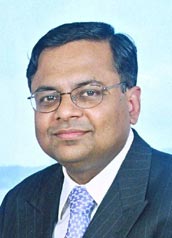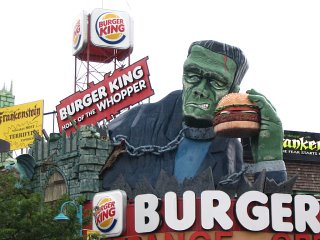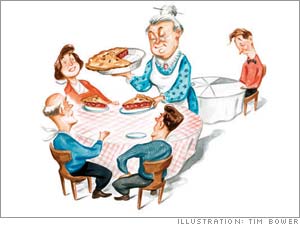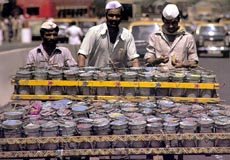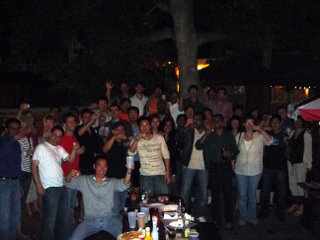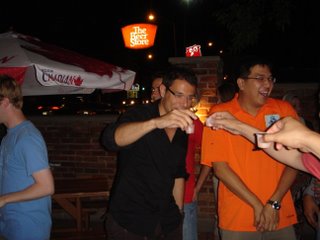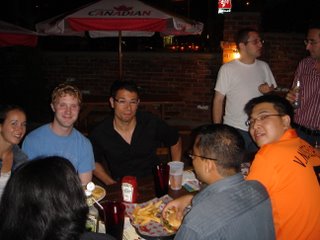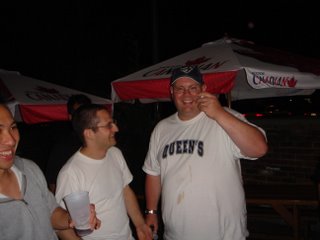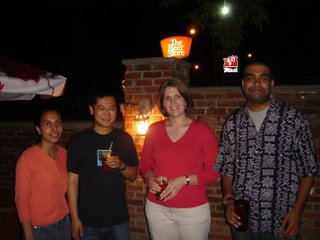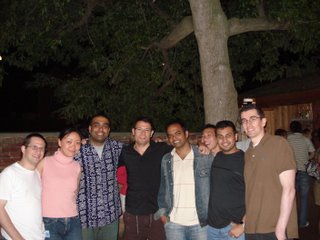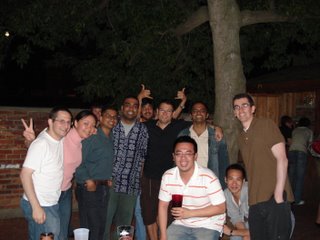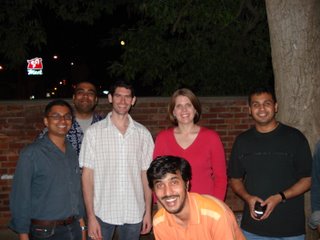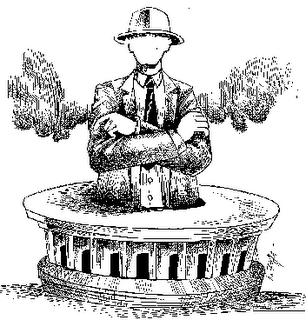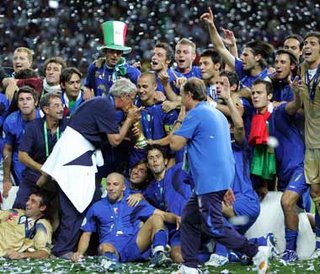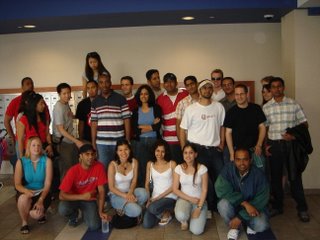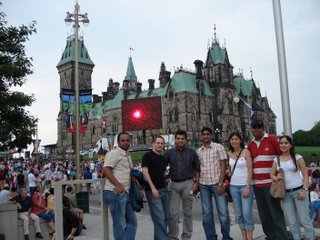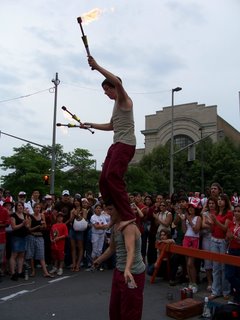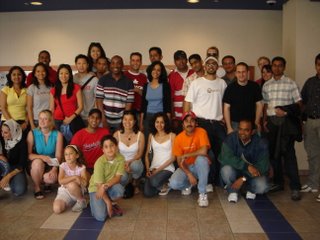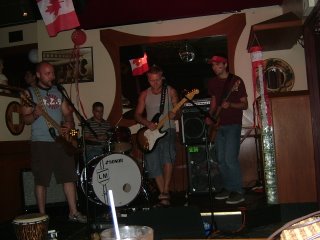"Meckdonaalds" and "Pissa Huts"
An article in Out look India on how McDonalds and Pizza Hut customized its product to win the Indian market !!
Some snippets
- This year, McDonald's and Pizza Hut celebrate 10 years of their presence in India.In the last 10 years, the McDonald's chain in India has grown to 91 restaurants primarily in the north and west , while Pizza Hut operates 125 outlets in 32 cities across the country.These brands have not only acquired a strong Indian flavour, but also enabled consumers in urban and semi-urban India to demand that their local restaurant chains drastically improve hygiene and service standards.
- In India, most of McDonald products are grilled or baked.
- In India, McDonald's also does something it loathes doing in the West: home delivery
- Elsewhere, Mc Donalds and Pizza Hut are a brand offering convenience. But in India they are 're an aspirational brand where 'climbers' or those aspiring to move up the social ladder would want to go.
- The McDonald's supply chain is a global gold standard. In India, the company has developed more than 50 vendors from whom it sources all its ingredients (only the frozen potatoes are imported from Holland because Indian potatoes are high in sugar content; and the palm oil comes from Malaysia).
- Nearly 70 per cent of the items on the menu in India at McDonalds don't exist elsewhere in the world. It would be impossible to find a Chicken Tikka Burger or a Paneer Salsa Wrap at any McDonald's outside India. On the other hand, the company's global bestseller, the Big Mac Burger, is excluded from the Indian menu because it is made of beef. In fact, India was the first market in the world where McDonald's kept away from beef and pork, for obvious cultural reasons.
- For Indians, McDonald's doesn't carry any cultural baggage, and in many ways it is perceived as a happy place, a good side of American consumerism."India is an extremely value-consious and non-homogeneous market," says Arvind Mediratta, chief marketing officer (Indian subcontinent), Yum! Restaurants. "If our consumers want Indian flavours, we have to give it to them. After all, we're not selling assembly-line produced cars, but selling food." So, Pizza Hut has a new 'Indian' menu which includes kebab lollies on breadsticks, pindi chana pizzas and pista kulfi.
